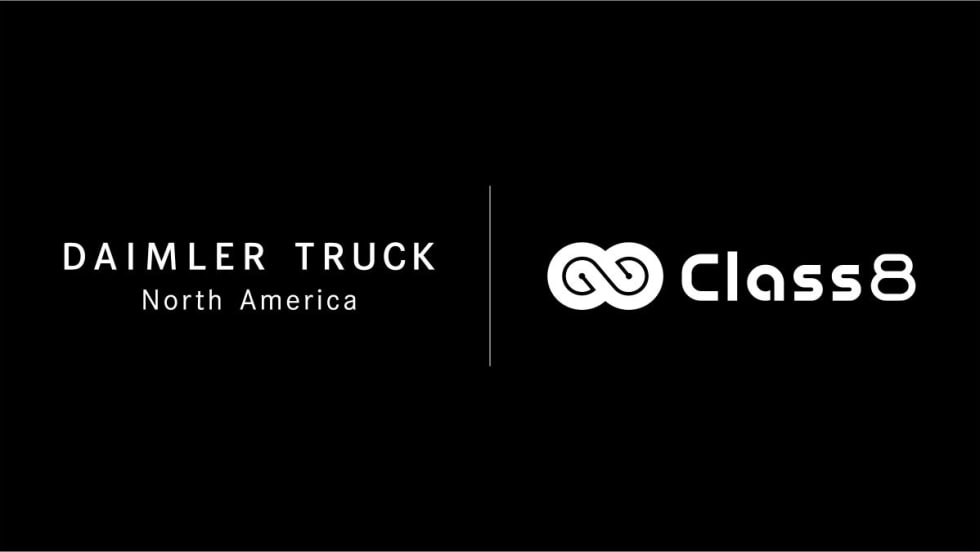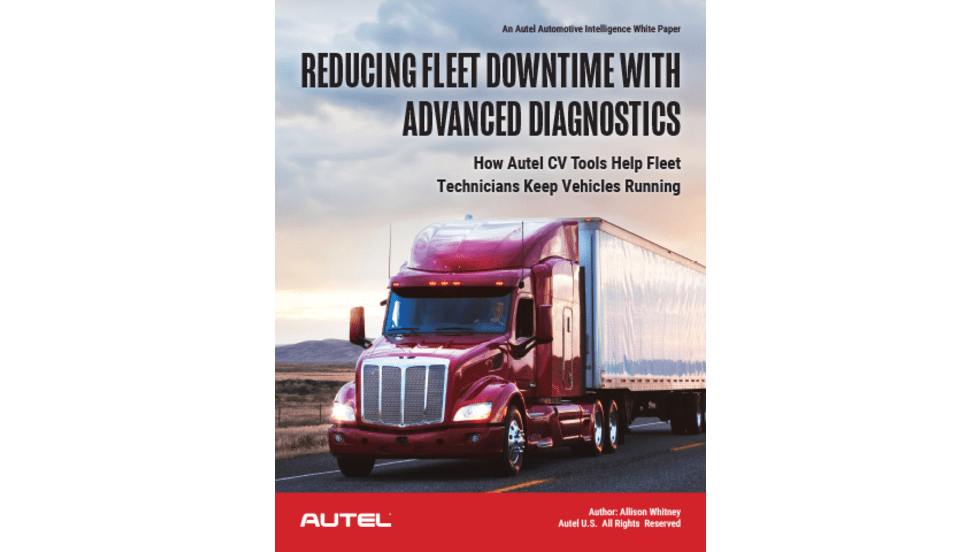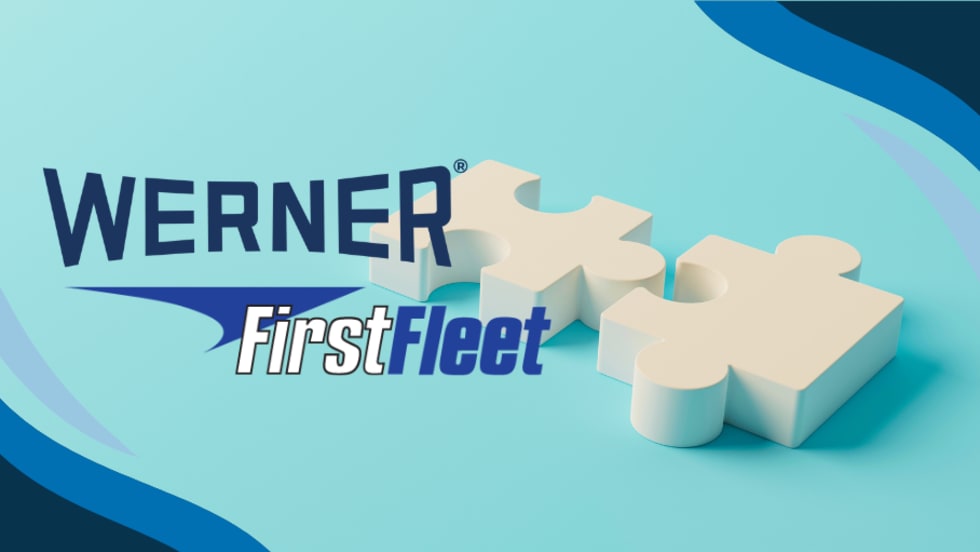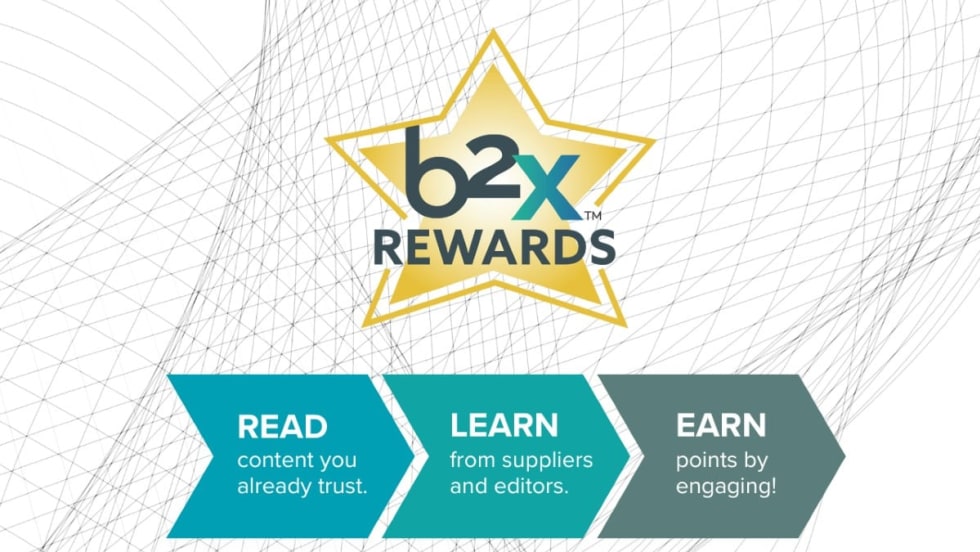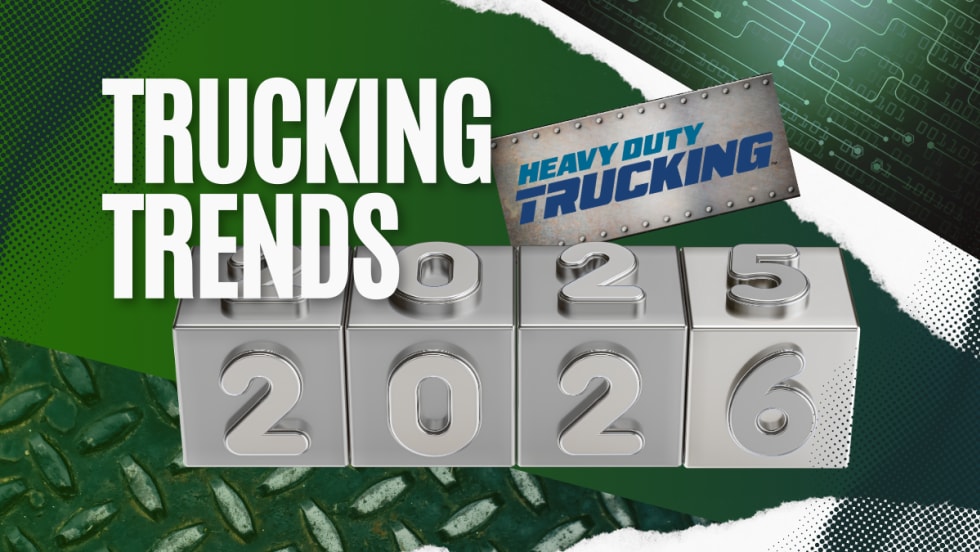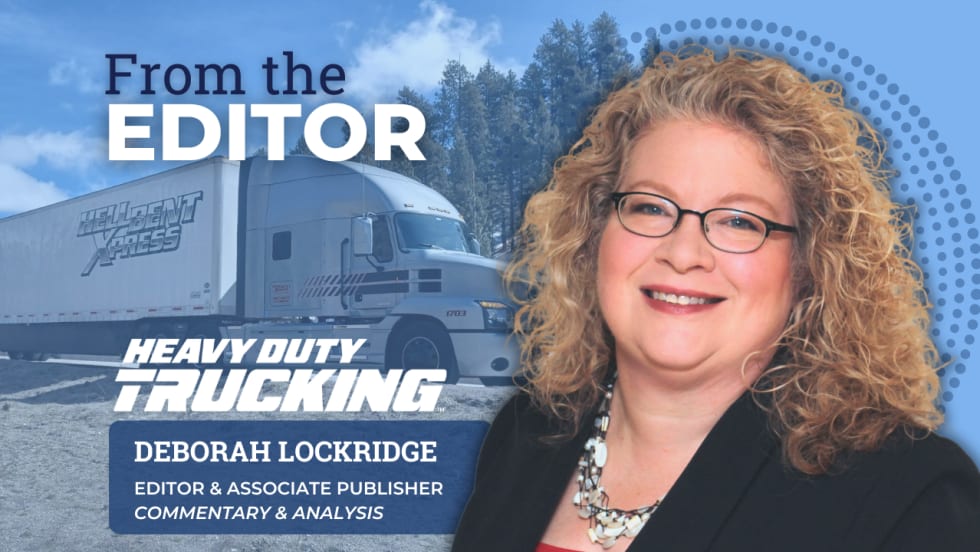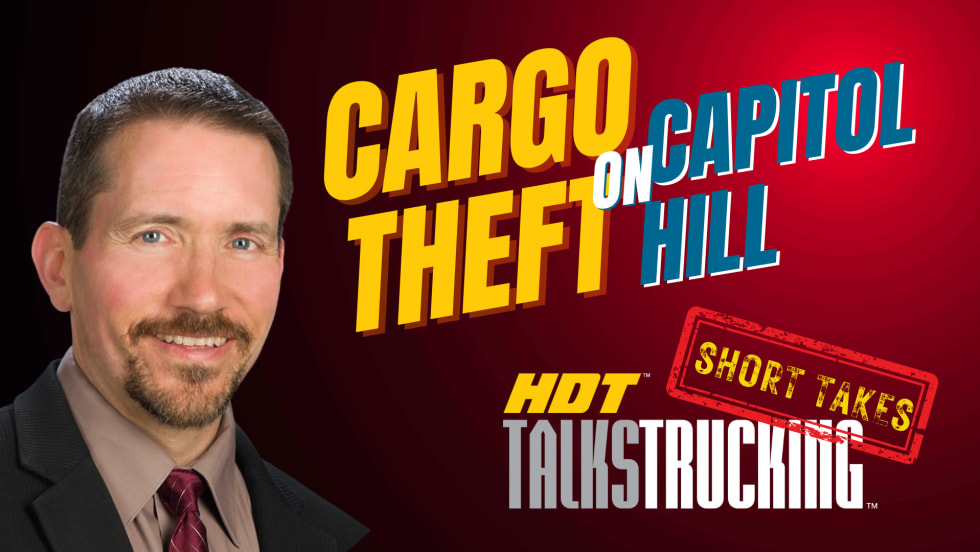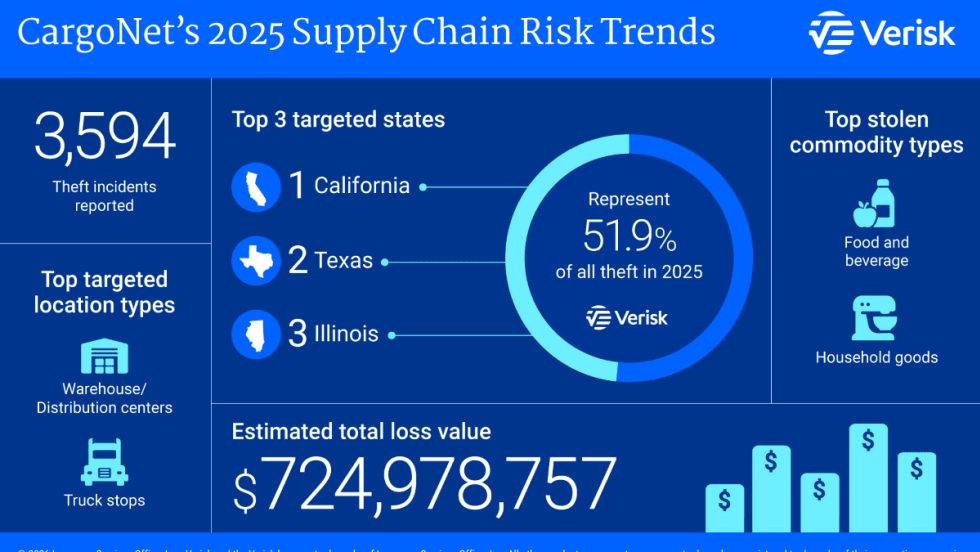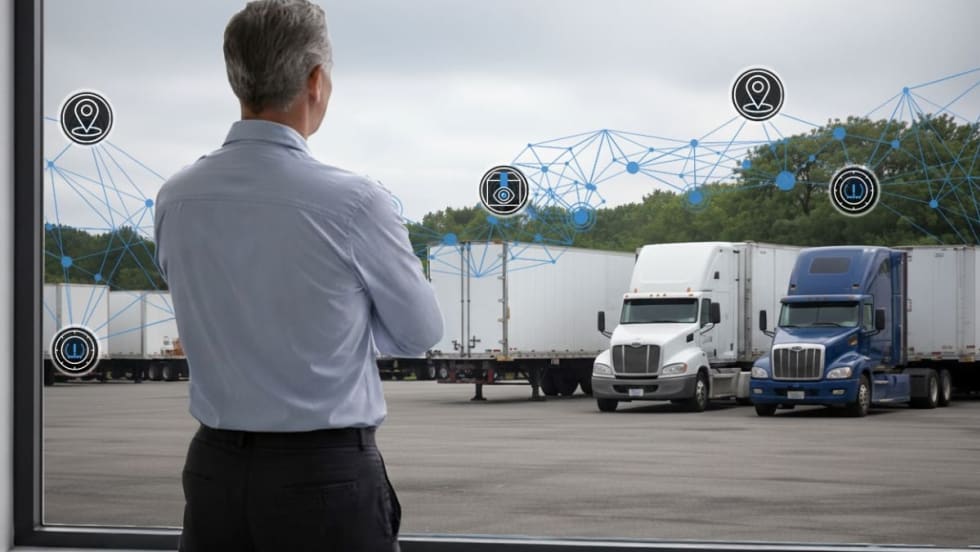Mike Roeth, executive director of the North American Council for Freight Efficiency, sat down and talked to HDT about what the last 10 years have been like showcasing and validating new trucking technology and what he thinks the next decade will bring.
When the North American Council for Freight Efficiency appeared on the trucking scene a decade ago, its mission seemed decidedly odd: Make the business case for fleets to adopt new technology that would reduce the industry’s overall impact on climate change and help promote a cleaner environment.
Good ideas always seem to be slightly ahead of their time. And looking back over the past 10 years, it seems that’s the case with NACFE as well. The organization has become one of the industry’s leading sources of information on new and emerging technologies – an indispensable tool for determining the bottom line pros and cons of adopting new components and technologies, based on what ROI they can expect if they elect to do so.
Today, NACFE Confidence Reports are issued several times a year on a wide range of accessories, components, operational methods and even future technologies that fleets can use to help them make smart decisions on when and how to bring new technology into their operations and what benefits or problems then can expect if they do.
NACFE’s contribution to trucking is so prominent that coinciding with its 10th anniversary announcement, the organization was recognized as an Organization to Watch by GreenBiz Group in the 2019 edition of its annual “State of Green Business” report. The honor is reserved for companies and organizations that are taking leadership positions to make significant progress on addressing the world’s more press environmental challenges.
To talk about this honor, and look back over the past decade, HDT recently caught up with Mike Roeth, NACFE’s constantly roaming executive director, to get his take on where his organization has been and where he thinks it – and the trucking industry – are headed.
HDT: Congratulations on both your 10th anniversary and the GreenBiz award!
Roeth: Thank you! The GreenBiz honor was a very pleasant surprise. They recognized several companies around the world, including BYD and Chanje – and NACFE was the only nonprofit group they included in their list of honorees. They said they think the work we are doing is balanced, pragmatic and helpful to the industry we serve. And they we do a good job of cutting through all the clutter and confusion that often surrounds new technology. It’s a bit ironic that the award was announced the same week we were kind of sticking our chest out about the 10th Anniversary. But it’s a great honor.
HDT:All this started a decade ago. And you were in a “transition phase” at the time.
Roeth (laughing): Yes, I was. But NACFE was founded at a trucking workshop being held in April of 2009. There were a lot of truck industry thinkers and influencers at this meeting – Susan Alt, from Volvo Trucks, and Don Baldwin from Michelin, to name a couple of people. And they identified the need for a green sustainability organization like NACFE. At the time, the country was experiencing much higher fuel prices. And fleets were really struggling with that new reality. On top of that, the technology wave that we now sort of live in every day was just starting to become apparent in trucking. There was a lot of confusion and angst about all these issues out there. And I stepped up. And I’m really glad I did. It’s been an incredible experience.
HDT:The idea was bold enough to capture the attention and eventually lead to a partnership with Virgin billionaire Richard Branson and his Carbon War Room initiative, too.
Roeth: Yes. Couple of years after we got going, we really thought we had something special going on. And we needed sponsorship to take it to the next level. Our first Fleet Fuel Study was a success, and we understood there was a real need in trucking for what we were doing. So we looked around for a partner. We talked to the Clinton Foundation and some other groups before we found the Carbon War Room. It was a good fit. They wanted to get into trucking. And that marriage real well and enabled us to go big with what we were trying to do. By 2014 and 2015, we were putting out Confidence Reports every six weeks. So we were really able to hit our stride.
HDT:And those Confidence Reports helped NACFE become a major player in the trucking industry. They are well regarded and newsworthy when they come out. That must be very satisfying.
Roeth: When you’re in the thick of things, it really doesn’t feel that way. But we are fighting to try and make a difference. We don’t want to just talk about things. We definitely want to be able to look back after we’ve issued a Confidence Report and be able to say, “Trucks are burning less fuel today because we were here doing this work.” And I think we can say that today.
HDT:Still, if there’s ever a time to do that, a 10-year anniversary is it.
Roeth: You’re exactly right. And don’t forget, it was a really bad time for trucking when we started. The industry was coming off the first round of NOx and particular matter emissions regulations and trying to sort through the EGR/SCR alphabet soup of technology that was coming on. And we found a way to do that that promoted both sustainability and climate-friendly technologies in the midst of all that. It’s amazing how far we’ve come, if you stop and think about it.
HDT:The mindset of the trucking industry seems to have changed a lot over the past 10 years as well, don’t you think?
Roeth: I do. Moving freight around the globe is both a bigger opportunity and problem than it was 10 years ago. And there is a lot more attention focused on trucking today than 10 years ago because of those global trends. And that’s not all. We’re seeing massive changes in automobile – even the very concept of what a “car” is and does. We’re seeing electric vehicles come into wider use. The same thing with solar and wind power. Globally, we have larger population moving into the middle class. And trucking enables that growth. So this work is important. And while it’s nice to see the culture change, we still have a lot of problems to address. So we’re not done.
HDT: Why do you think you’ve been so successful over the past decade?
Roeth: I think it’s because we’re focused on saving money. That’s the case we make to fleets. We have a lot of combined trucking veterans that help us do our work. I can’t add it up, but we’ve probably had something like 750 years worth of trucking experience helping us do our work. And everyone on our staff worked in trucking and was taught from their earliest days in this industry that trucks are tools. People buy them to do work. And that’s the thing that unites and motivates all of us at NACFE. We work hard every day to monetize all of the costs and benefits of the topics and technologies we examine for fleets. And we do that all the way down to whether or not drivers like, love or hate a new technology. Because we understand that if we can help fleets with retaining drivers, that helps them save money, too.
HDT:But your mission is more than just saving fleets money.
Roeth: Yes. Because – to be blatantly honest – we do have a social responsibility as an industry to burn less fuel and create less diesel exhaust smoke while we do so. But at the end of the day, trucks do work. And so money is what drives that message home. And I think we’ve proven repeatedly that those two things do not have to be contradictory. You can be socially responsible and make money hauling freight.
HDT:What do you think the next 10 years are going to bring for both NACFE and trucking?
Roeth: I think trucking is better poised today for Big Change than we were 10 years ago. So I think we will see even more change in the next decade than we did in last 10 years. Also, it feels like more and more people – OEMs, start-ups, academia and government are all on board now with being sustainable and environmentally friendly in a way they weren’t a decade ago. So that’s that good thing that will drive more change too, I think.
HDT:There's an information revolution coming as well, don’t you think?
Roeth: Absolutely. There is so much data available now to help make decisions with – if we’re willing to use it. And that is going to grow. I see a world in the near future where freight is more organized thanks to connectivity. We have a lot of half-loaded trailers today that are driving right past freight that needs to move every minute of every day now. But we don’t have any way of knowing about it. That is going to change very soon.
HDT:What about autonomous vehicles? That’s the one that worries everyone.
Roeth: We’re looking at a decades-long transition before we see were automation is going. But I think that gradually we’ll get comfortable with having a person drive when the need is there. But also letting the computer take some things over at the appropriate time. There are a lot of things coming at us today. But I do believe that today, trucking is poised for those changes, and capable of making them when they come.





